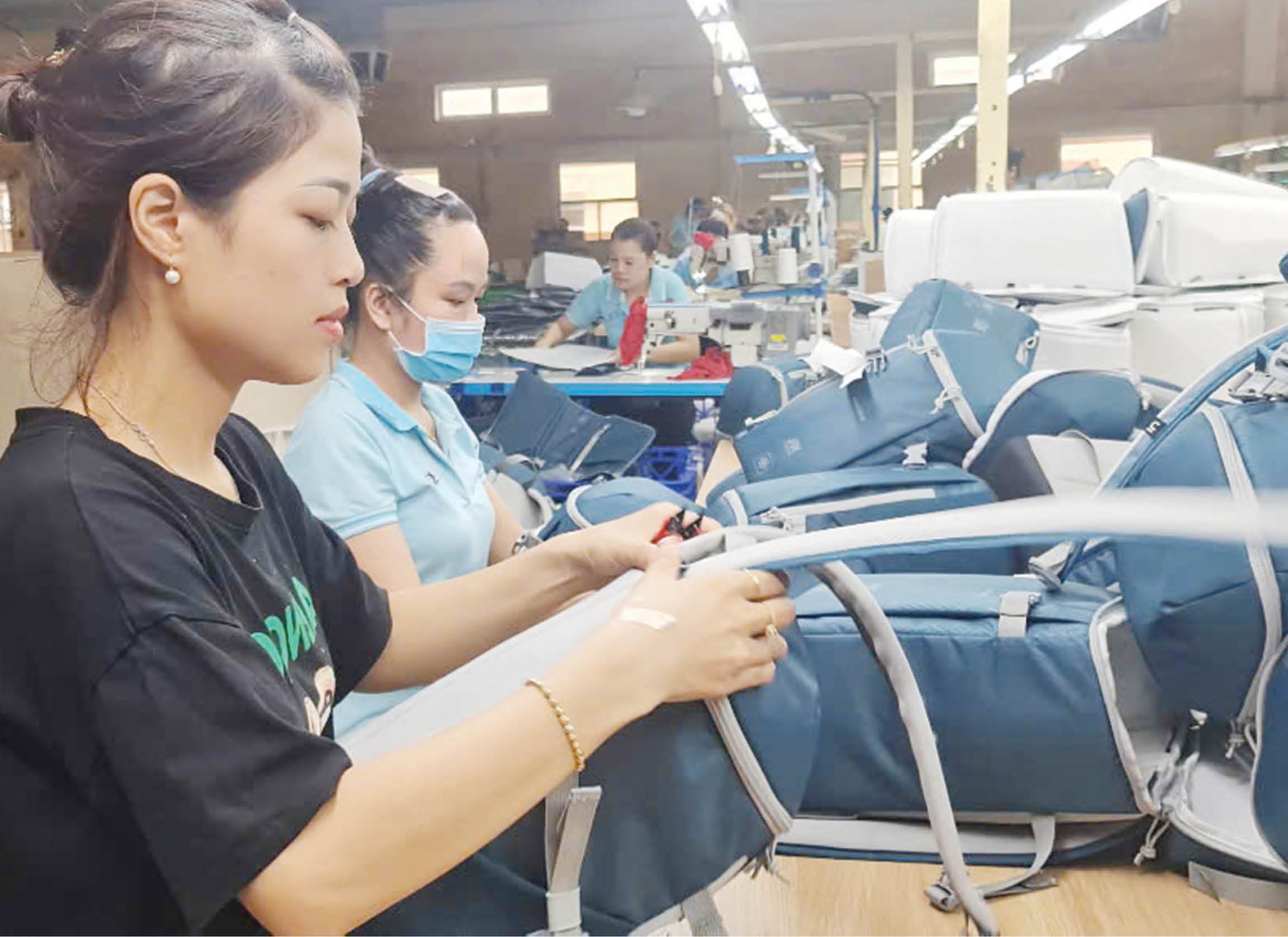 |
| Production activities at Hue Leather and Footwear Joint Stock Company |
Concerns from businesses
In early April, at the two factories of Thien An Phu Joint Stock Company, the production atmosphere was still bustling. About 2,000 workers were racing against time to complete previously signed export orders to the US market.
Although the current order situation is quite positive, Mr. Pham Gia Dinh, Chairman of the Board of Directors and General Director of the company, is still worried. “The company's orders are still stable until July, but if the US imposes a 46% tax, customers can cancel orders at any time. Currently, businesses are competing very closely on price, and a difference of just a few cents is enough to lose their advantage. If the new tax is applied, costs will increase in USD exchange rate, then the selling price will increase a lot, causing customers to hesitate or reduce orders,” Mr. Dinh explained.
However, Mr. Pham Gia Dinh still expressed his belief in the negotiating ability of the Party and State leaders and hoped for positive signals from the negotiations. He said that the enterprise is currently closely monitoring the situation, closely following and expanding its customer base; analyzing and evaluating challenges and opportunities to have appropriate response scenarios.
Mr. Nguyen Xuan Tinh, Chairman of the Board of Directors of Hue Leather and Footwear Joint Stock Company, expressed his concern as the company prepares to export two large shipments to the US in April and May. “If the new tax rate is applied at the same time as the shipment, the company may face the risk of losses, affecting business results,” said Mr. Tinh.
According to Mr. Tinh, in the post-COVID-19 period, businesses are gradually recovering and stabilizing production. The new trade policy from the US is creating a lot of pressure for businesses. “Finding alternative markets, especially markets with high standards like Europe, is not simple. Restructuring or redirecting exports also requires time, resources and appropriate planning,” Mr. Tinh analyzed.
Not only are businesses exporting directly to the US worried about being affected, but those with related supply chains or indirect exports are also worried about being affected by the chain reaction. At Hanex LLC, a unit specializing in exporting to the Japanese market, the CEO of the parent corporation from Korea recently visited to discuss solutions to overcome difficulties.
Ms. Dang Thi Thanh An, Chairwoman of the company's Trade Union, said: "Although we do not export directly to the US, the US tightening of imports from Vietnam will cause multinational enterprises to adjust their supply chains, leading to the risk of reducing orders in related markets. The company is looking to expand its partners to stabilize production."
Similarly, a representative of CP Vietnam Livestock Joint Stock Company, Hue branch, said that although the company focuses on exporting to Japan, Europe and Australia, the new US tax policy could indirectly affect logistics costs, partner sentiment and overall competitiveness. “Some partners may shift to countries with more favorable trade relations with the US, which could put the company’s orders in a difficult position,” the company representative said.
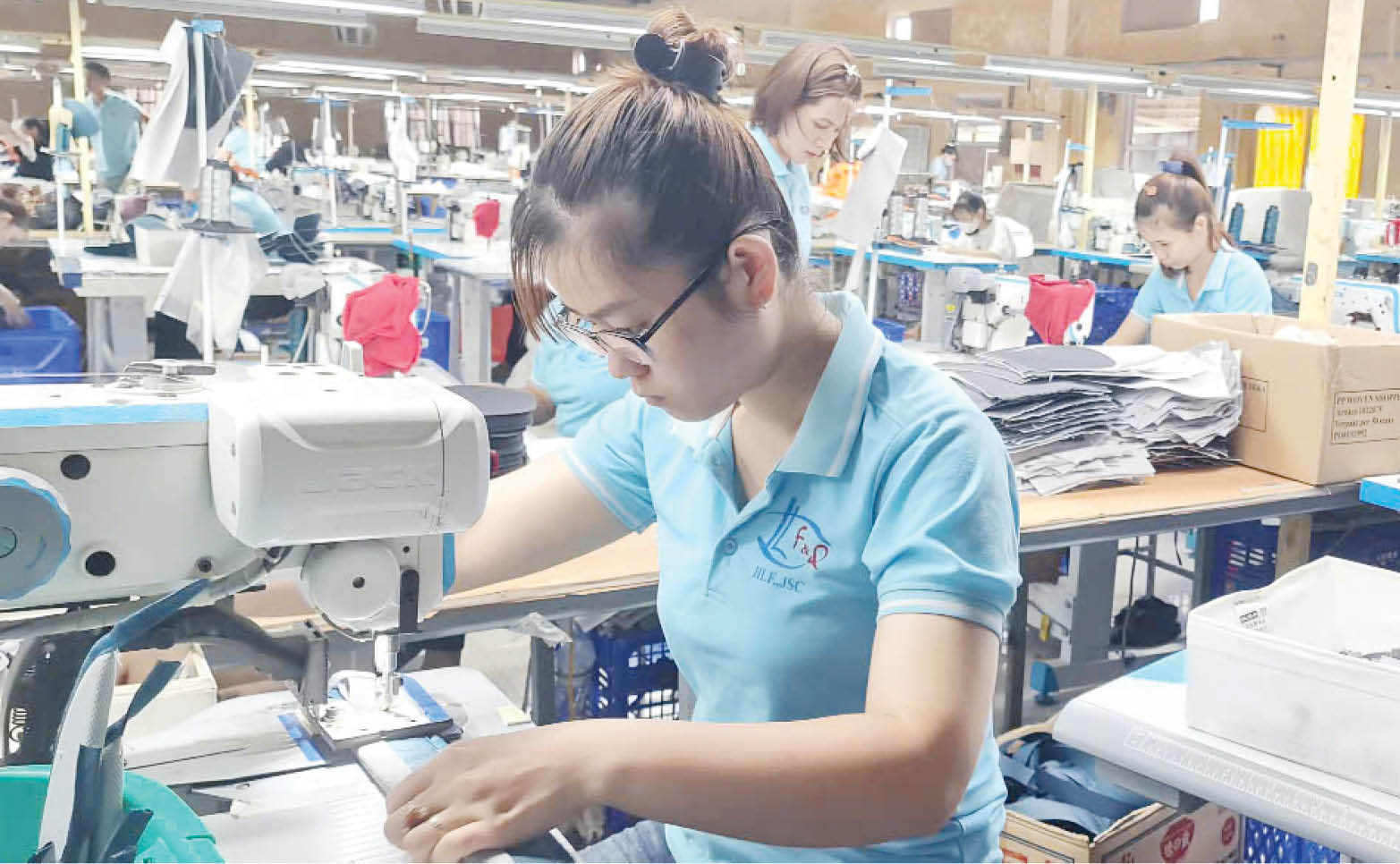 |
| Workers of Hue Leather and Footwear Joint Stock Company are producing. |
Proactive response
Faced with this new development, businesses in Hue are trying to find proactive solutions to respond. Mr. Nguyen Van Phong, a member of the Board of Directors of Hue Textile and Garment Joint Stock Company, said: "It is not yet known exactly which products will be subject to the 46% tax rate, so businesses do not have a specific plan. In the long term, the company must strengthen its trade defense capacity, improve technology, improve product quality and diversify markets."
Experience from the difficult period of the past two years has helped many businesses draw necessary lessons. “When orders dropped sharply due to inflation, we maintained production by saving costs, taking small orders, finding niche markets and retaining workers at all costs. This period also requires a similar strategy, but more proactive and systematic,” Mr. Phong shared.
In recent years, Hue Seafood Development Joint Stock Company has proactively expanded its domestic market share, instead of relying entirely on exports. This strategy has initially brought about clear results, while helping the company gradually diversify its markets and improve its adaptability in the context of global fluctuations.
Economists also recommend that, in parallel with waiting for negotiations, businesses need to proactively improve production capacity, apply international standards, promote market research and flexibly change export channels. In particular, it is necessary to make the most of free trade agreements to expand the market and avoid dependence on a few large countries. Promoting digital transformation, digitizing the supply chain and improving management capacity are also necessary directions in the context of increasingly fierce global competition.
Faced with current challenges, the City Business Association has proactively grasped the situation, organized dialogues and recorded the opinions of affected businesses. On that basis, the Association synthesized recommendations and proposals to the authorities to have timely and practical support policies.
| At the meeting on the evening of April 7, Prime Minister Pham Minh Chinh officially proposed that the US side postpone the application of the 46% tax rate for at least 45 days, in order to create conditions for the two sides to negotiate and prepare for the transition period. Prime Minister Pham Minh Chinh affirmed that this postponement is aimed at reaching a bilateral trade agreement, ensuring balance, sustainability and benefits for both sides, while not affecting Vietnam's international commitments. The Government also established a special working group to closely monitor the situation and propose timely solutions. Vietnam also proposed to reduce import tax on US goods to 0% and hoped that the US would impose similar taxes on Vietnamese goods. In addition, the Prime Minister also directed the expansion of preferential credit, debt extension, interest rate reduction, tax extension/deferral and land rent for affected enterprises; reduce VAT refund procedures and consider continuing to reduce VAT in the coming time. |
Source: https://huengaynay.vn/kinh-te/doanh-nghiep-xuat-khau-truoc-lenh-ap-thue-moi-cua-my-152390.html





![[Photo] National Assembly Chairman works with leaders of Can Tho city, Hau Giang and Soc Trang provinces](https://vphoto.vietnam.vn/thumb/1200x675/vietnam/resource/IMAGE/2025/5/11/c40b0aead4bd43c8ba1f48d2de40720e)
![[Photo] Discover the beautiful scenery of Wulingyuan in Zhangjiajie, China](https://vphoto.vietnam.vn/thumb/1200x675/vietnam/resource/IMAGE/2025/5/11/1207318fb0b0467fb0f5ea4869da5517)
![[Photo] National Assembly Chairman Tran Thanh Man attends the Party Congress of the Committee for Culture and Social Affairs](https://vphoto.vietnam.vn/thumb/1200x675/vietnam/resource/IMAGE/2025/5/11/f5ed02beb9404bca998a08b34ef255a6)
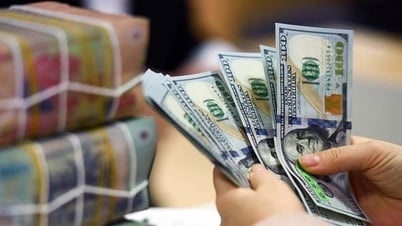


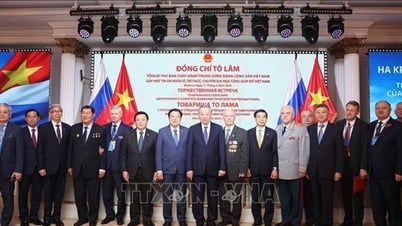

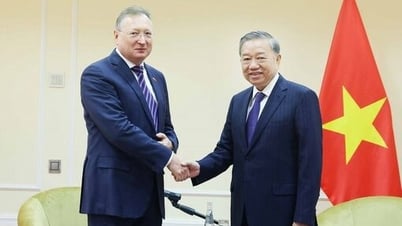






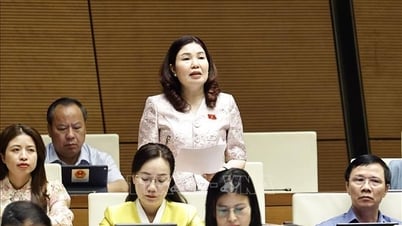



![[Photo] Prime Minister Pham Minh Chinh chairs the fourth meeting of the Steering Committee for Eliminating Temporary and Dilapidated Houses](https://vphoto.vietnam.vn/thumb/1200x675/vietnam/resource/IMAGE/2025/5/11/e64c18fd03984747ba213053c9bf5c5a)


















































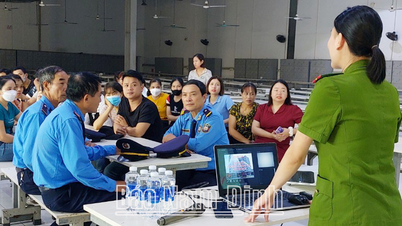















Comment (0)